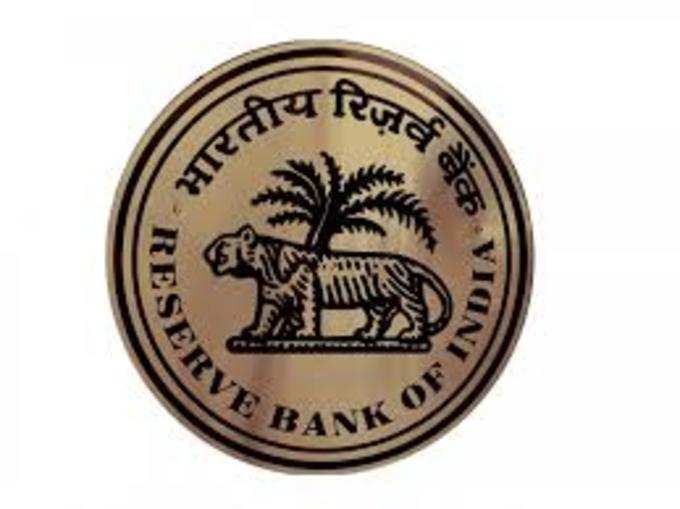
Though RBI, in its last policy review on June 2 had hinted that there may not be any more cuts in the near term, it is likely to cut
According to Moody's Analytics, the rise in CPI inflation was largely due to base effect.
As per official data, retail inflation surged to an eight month high of 5.4 per cent in June, from 5.01 per cent in May.
It was 6.77 per cent in June last year.
"Despite higher CPI inflation, the RBI will deliver another rate cut at its upcoming monetary policy review scheduled for August 4," Moody's Analytics Associate Economist Faraz Syed said in a research note.
The rise in inflation, a key factor considered by the RBI in deciding the monetary policy, comes in the backdrop of slowdown in factory output.
The Index of Industrial Production (
Syed further said that though food prices are rising, rainfalls have been "near average" levels in recent weeks which was one of the pre-condition, for the RBI to maintain an easing bias.
Moreover, the small rise in minimum support prices for maize and rice has been well below the average increases in previous years and should limit food inflation in the coming months, the report added.
Moody's Analytics expects the wholesale prices to fall further. The June wholesale price-inflation slipped to (-)2.4 per cent, from (-)2.36 per cent in May.
According to Moody's Analytics, the WPI offers a better gauge of core inflation than the CPI and core inflation, in the WPI measure, has been falling in the past few months.
WPI inflation has been in the negative zone since November, 2014.
"Overall weak core inflation suggests